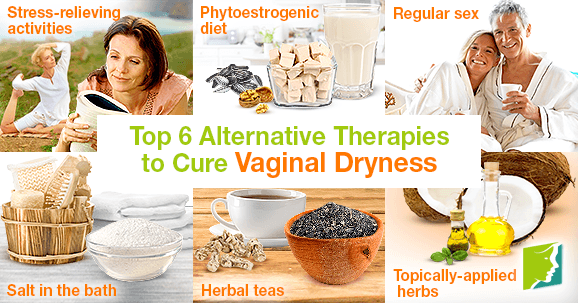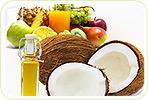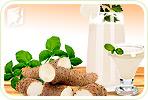Vaginal dryness can be experienced at any point in a woman's life, but during perimenopause - the years just prior to menopause - she is particularly susceptible to it. Triggered by hormonal imbalances during perimenopause that thin the vaginal lining and limit its natural secretion of lubrication, vaginal dryness is itchy and uncomfortable, but you do not have to live with the symptom. Although medication is available to treat dryness, this is a drastic solution to what is often a naturally treatable symptom. Keep reading to learn the top alternative therapies for eliminating vaginal dryness.
Stress-relieving Activities
Stress can have an intensifying effect on vaginal dryness as well as other menopause symptoms, including irregular periods. Consider ways in which you can reduce the stress in your life; this could involve taking time to yourself to go for a walk, unwinding by reading a book, or taking part in a relaxing activity, such as yoga or meditation. If you are concerned about your stress levels, assess your lifestyle and consulting with your doctor to discuss your health.
Phytoestrogenic Diet
It is worth incorporating phytoestrogens, found in nuts, seeds, and soy products, such as soymilk and tofu, into your diet. Phytoestrogens mimic the function of estrogen, which means they effectively restore the estrogen levels lost during perimenopause and regulate the imbalances that cause vaginal dryness.
Regular Sex
As well as maintaining elasticity in the vagina, regular sex increases blood circulation to the genitals, which stimulates the natural secretion of vaginal lubrication. If you find that sex is uncomfortable due to dryness, try applying a water-based lubricant to your and your partner's genitals before attempting penetration to ease discomfort.
Salt in the Bath
Salt has natural antibacterial and antifungal properties; adding it to your bathwater could reduce vaginal dryness by fighting any infection that may be exacerbating the symptom.
Herbal Teas
Black cohosh and dong quai have long been celebrated for their effectiveness in treating vaginal dryness and other menopause symptoms. Black cohosh has estrogen-like properties that can substitute lost estrogen levels and thereby minimize hormone-driven symptoms. Dong quai has similar properties, but it also relaxes blood vessels to improve circulation to the vagina, which in turn promotes the secretion of lubrication.
Topically-applied Herbs
Easily-obtained herbs and remedies can be topically applied to the vagina to boost the natural secretion of lubrication. It has been suggested that olive oil and coconut oil are suitable for treating vaginal dryness in the short term.
Alternative therapy is an advisable go-to cure for vaginal dryness. These are small lifestyle adjustments that seek to eliminate the symptom long-term and promote an improved sense of well-being. Generally affordable, natural, and convenient, these therapies are less invasive to your body than artificial hormone-replacing medication, and they are likely to offer other health benefits, such as reduced stress levels and weight loss, too.
Sources
- Ehrlich, S.D. (2011). Black cohosh. University of Maryland Medical Center. Retrieved January 31, 2014, from https://umm.edu/health/medical/altmed/herb/black-cohosh
- Zieve, D. (2011). Vaginal dryness alternative treatments: MedlinePlus Medical Encyclopedia. Retrieved January 31, 2014, from http://www.nlm.nih.gov/medlineplus/ency/article/002142.htm




